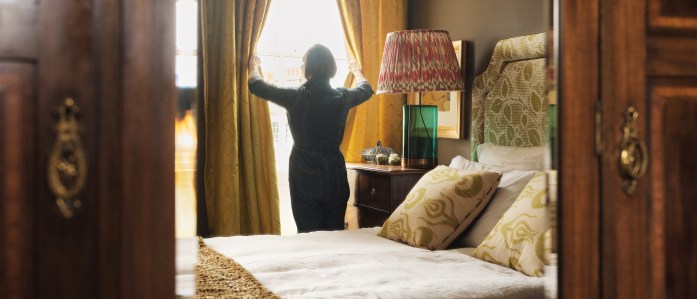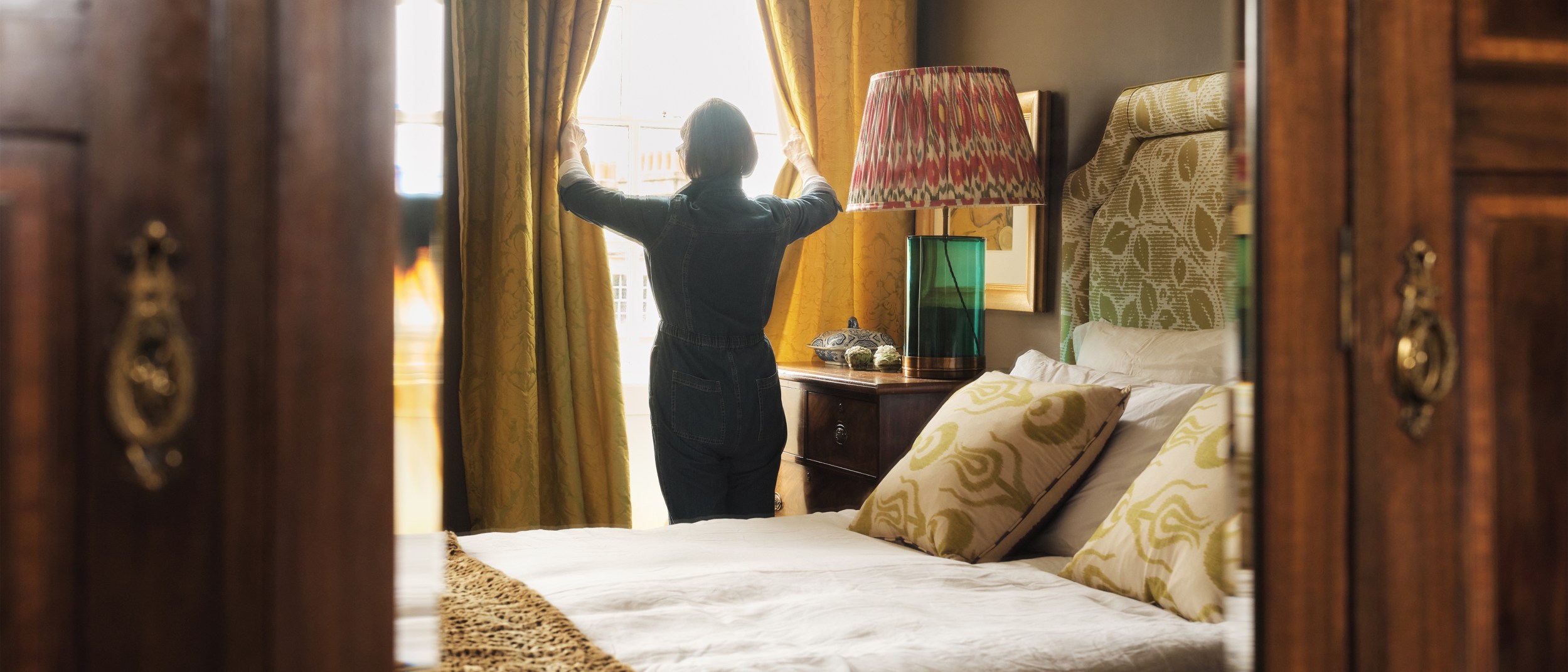US Medical Worker Hosts Have Earned More Than $200 Million Since March


Health care workers have long had a special place in the Airbnb community, and especially so amidst the COVID-19 pandemic. Earlier this year we launched Frontline stays, a program inspired by the generosity of our host community, that allows hosts to open their homes to those on the frontline of the COVID-19 pandemic.
Since then, over 210,000 nights have been booked by frontline responders and health care workers using our Frontline stays program to find safe, temporary stays that support them, their loved ones and the people around them while they help their communities fight off COVID-19. Hosts have banded together to help their neighbors and since April, over 220,000 units have opted into the program around the world.
But health care workers aren’t just treasured guests on Airbnb – they are also among our greatest hosts and one of the largest professional cohorts in our host community. In a late 2019 survey of Airbnb hosts in the US, 13 percent reported that their primary occupation was in health care services, more than any other occupation or industry.
At this time of economic duress for so many around the world, we are gratified to be able to note that in the US, health care workers who host on Airbnb have earned more than $200 million in hosting income since March 11, when the World Health Organization declared the COVID-19 outbreak to be a pandemic. Over the same timeframe, health care workers around the world have also been able to benefit from sharing their homes, including in:
- Canada ($10 million)
- Australia ($8 million)
- New Zealand ($1.5 million)
- United Kingdom ($6 million)
To brave health care workers around the world, we thank you for working every day to keep us safe, especially during these challenging times. We are honored to be able to play a small role in supporting many health care workers and their families in return.